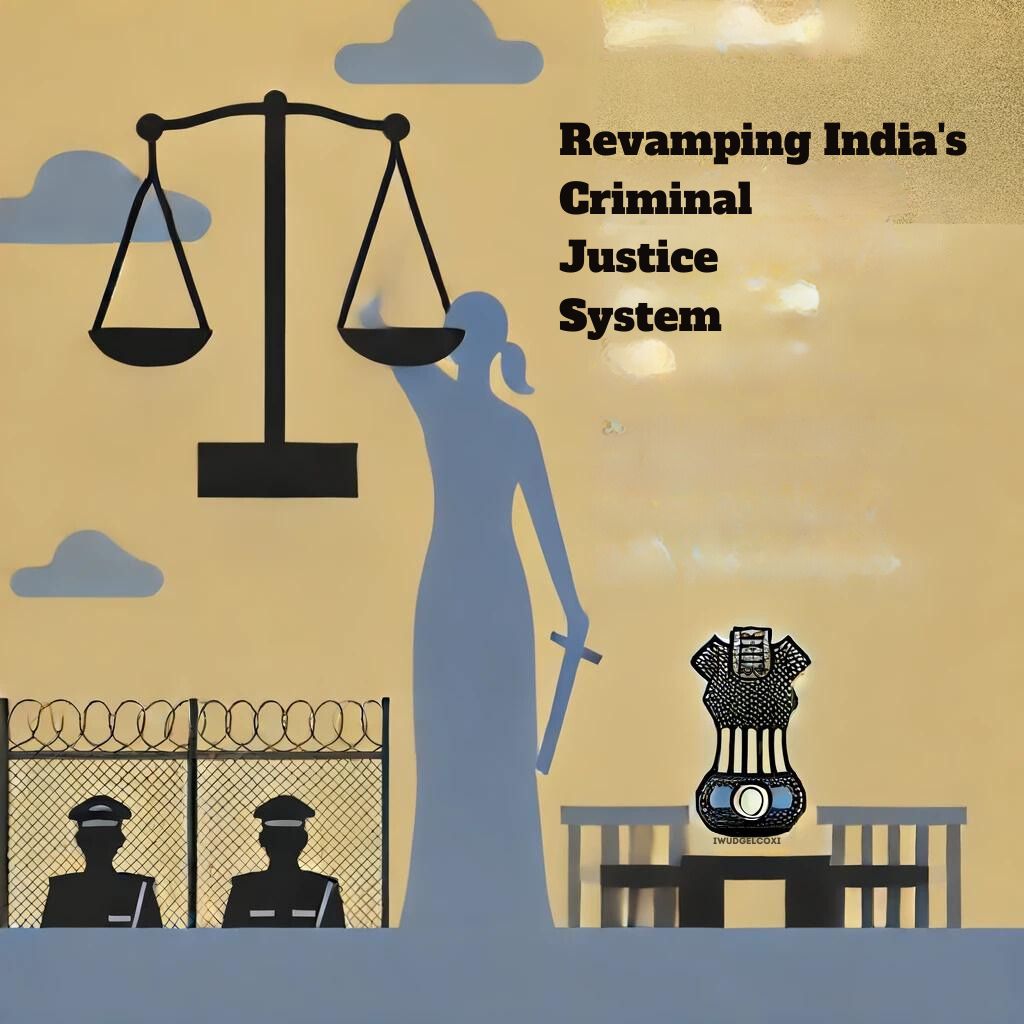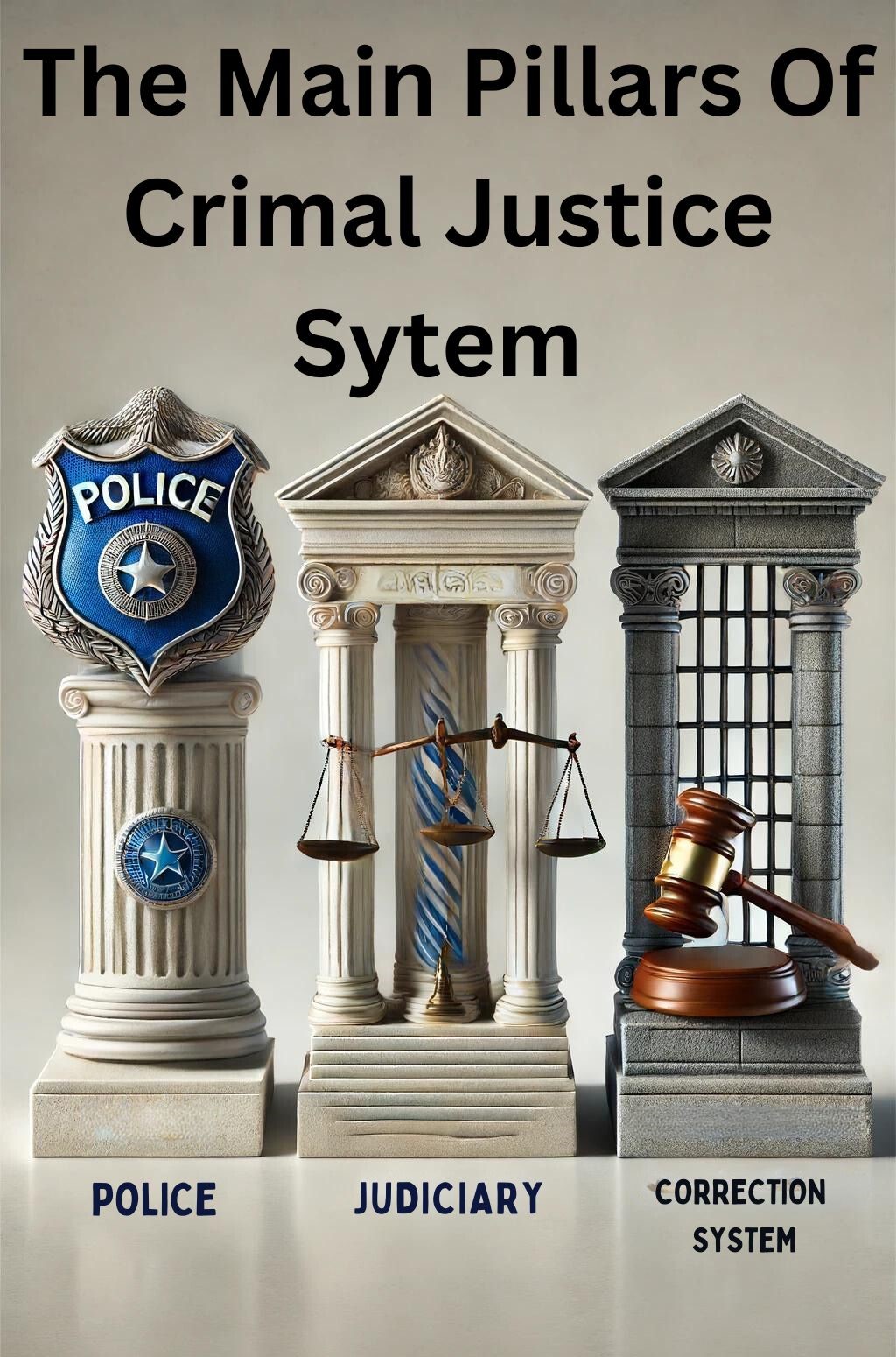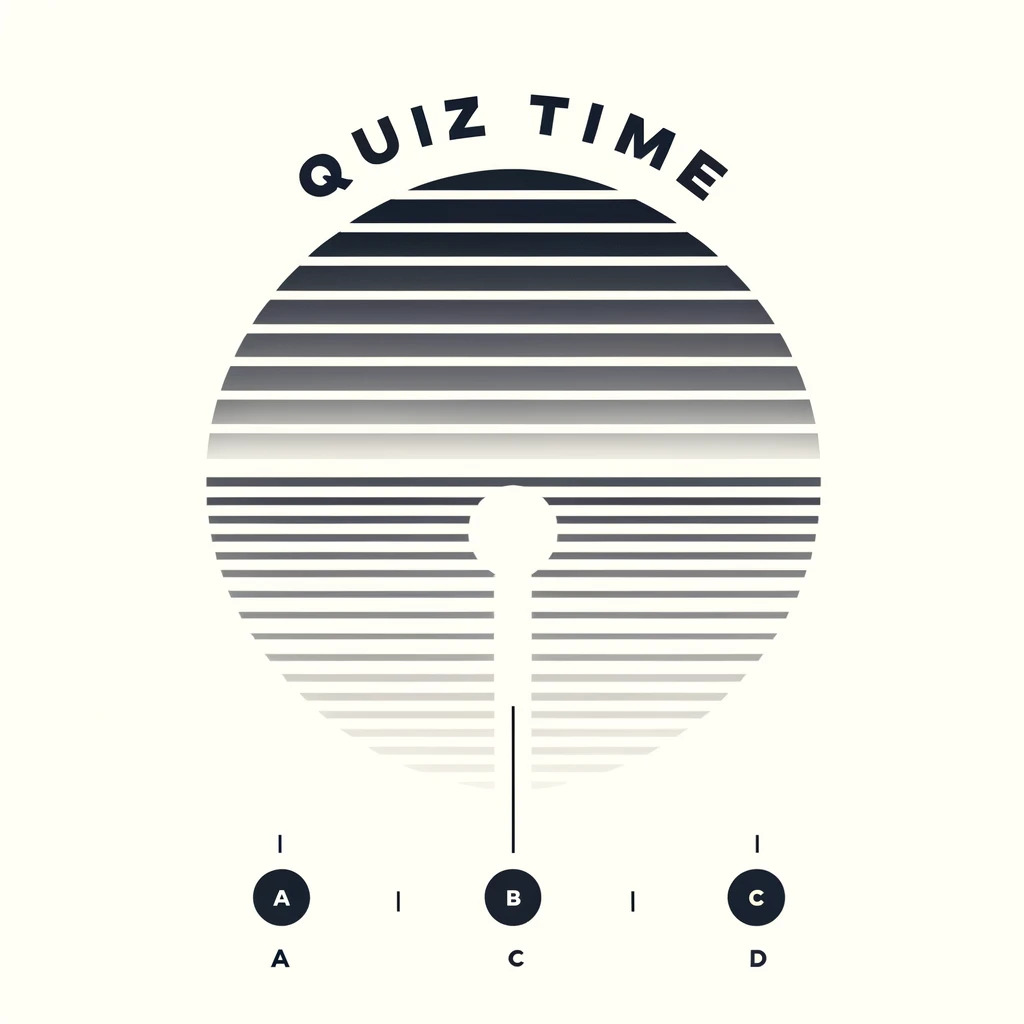The recent case in Bareilly, Uttar Pradesh, where a woman was jailed and fined for allegedly filing a false rape accusation, shines a light on deep-rooted flaws in India’s criminal justice system. This incident underscores the necessity for better police investigation protocols, prosecutorial independence, and judicial oversight to prevent wrongful imprisonments and ensure timely justice.
Origin of the Article
This editorial is based on “The Bareilly case and a flawed criminal justice system,” published in The Hindu on 10/06/2024. The article discusses the inadequacies in India’s criminal justice system through the lens of a recent case in Bareilly.
Relevancy for UPSC Students
For UPSC students, understanding the intricacies of India’s criminal justice system is vital. This topic aligns with GS Paper 2, covering government policies, judiciary, and constitutional amendments. It offers insights into systemic issues, helping aspirants develop a comprehensive understanding of governance and legal frameworks critical for the examination.

Why in News
The recent Bareilly case, where a woman was penalized for a false rape claim, underscores systemic flaws in India’s criminal justice system. This issue is crucial for UPSC aspirants as it mirrors past questions on judicial inefficiencies, human rights, and police reforms, emphasizing the need for comprehensive reforms in these areas.
Governance and Criminal Justice System
The criminal justice system in India is crucial for maintaining law and order, ensuring justice for victims, and safeguarding the rights of the accused. Recent events, like the Bareilly case, spotlight the systemic flaws that need urgent attention. The case revealed issues such as arbitrary detentions and inadequate police investigations, emphasizing the necessity for comprehensive reforms to restore public trust in the justice system.
Structure of the Criminal Justice System in India
India’s criminal justice system is built on the principles of the Indian Penal Code and the Criminal Procedure Code, soon to be replaced by the Bharatiya Nyaya Sanhita and Bharatiya Nagarik Suraksha Sanhita. The system aims to ensure justice for victims and fair treatment for the accused, grounded in legal frameworks that uphold fundamental rights and due process.
Main Pillars
- Police: The police are responsible for investigating crimes, apprehending suspects, and enforcing laws. They operate under state control, playing a crucial role in the initial stages of the criminal justice process.
- Judiciary: The judiciary interprets the law and delivers judgments in criminal cases. It comprises the Supreme Court at the federal level, High Courts in each state, and various lower courts, ensuring that justice is served.
- Correction System: This system manages prisons, focusing on the punishment and rehabilitation of offenders. It aims to reintegrate offenders into society while maintaining security and order within correctional facilities.

Key Principles
- Presumption of Innocence: Every accused person is considered innocent until proven guilty beyond a reasonable doubt, ensuring a fair trial.
- Right to Fair Trial: Accused individuals have the right to a public and fair trial, including the ability to defend themselves and present evidence.
- Due Process: Legal procedures must be correctly followed to guarantee a fair trial, protect the rights of the accused, and ensure justice.
Major Challenges Related to India’s Criminal Justice System
India’s criminal justice system faces numerous challenges, including delays in justice, inadequate resources, and political interference. The Bareilly case exemplifies these issues, illustrating the need for systemic reforms to address these deep-rooted problems.
Pendency and Delays in Justice
India faces a judicial logjam with over 5.02 crore pending cases as of July 2023. Delays, as seen in the Bareilly case, where a fast-track court took 1,559 days, violate the right to a speedy trial, fundamentally undermining justice, as highlighted in N.S Sahni v. Union of India.
Inadequate Resources and Infrastructure
With only 21 judges per million people, the judicial system is overburdened, leading to rushed hearings and compromised judgments. Approximately 35% of posts in the lower judiciary and around 400 in High Courts remain vacant, exacerbating delays and inefficiencies in the justice delivery process.
Politicization of the Police Force
Political interference in police investigations, as noted in the Prakash Singh v. Union of India case and the Lakhimpur Kheri violence, undermines impartiality. The Second Administrative Reforms Commission highlighted that such politicization erodes public trust in the police.
Bail as the Exception, Not the Rule
Despite the Supreme Court’s directive in the Balchand alias Baliay case, bail remains an exception, with over 75% of India’s prison population being undertrials. This situation is worsened by stringent laws like the Unlawful Activities (Prevention) Act, which shifts the burden of proof onto the accused.
Gender Bias in Sexual Violence Cases
Persistent gender biases in court judgments, as seen in the Aparna Bhat v. State of Madhya Pradesh case, undermine justice for victims of sexual violence. Such biases perpetuate stereotypes and victim-blaming, hindering fair trials and justice.
Outdated Prison Manual and Mental Health Crisis
The Model Prison Manual 2016 mandates mental health services, yet overcrowding and inadequate care exacerbate mental health issues among prisoners. For instance, Maharashtra’s prisons, with 42,577 inmates, have insufficient mental health professionals, highlighting the need for better resources.
Non-Implementation of Police Complaints Authority
The Supreme Court’s mandate for Police Complaints Authorities (PCAs) in Prakash Singh (2006) still needs to be implemented. The lack of effective PCAs perpetuates police impunity, failing to address public grievances and police misconduct.
Human Rights Violations
India’s criminal justice system often faces accusations of custodial torture, extrajudicial killings, and illegal detentions. With 175 reported deaths in police custody during 2021–2022, these violations highlight the urgent need for systemic reforms to protect human rights.
Measures to Reform the Criminal Justice System in India
Comprehensive reforms are essential to address the highlighted challenges in India’s criminal justice system. These reforms should focus on making the system more efficient, fair, and victim-centric.
Victim-Centric Justice System
Shifting to a victim-centric system involves providing dedicated support services, legal aid, and victim impact statements.
Artificial Intelligence for Case Management and Risk Assessment
Utilizing AI for case management and risk assessment can streamline judicial processes. AI can help identify low-risk cases for diversion, freeing up resources for complex matters while ensuring algorithmic transparency to prevent biases.
Legal Aid with Performance-Based Funding
Increasing funding for legal aid and adopting a performance-based system can improve the quality of representation for disadvantaged defendants. This ensures effective legal assistance, promoting fair trials and justice.
Bail Reform and Reducing Undertrial Detention
Revisiting bail laws, as recommended by the Law Commission of India’s 268th Report, is crucial to reducing undertrial detention. Implementing these reforms can prevent prolonged detentions and ensure timely justice.
Comprehensive Victim and Witness Protection
Fully implementing the Witness Protection Scheme, 2018, with adequate funding and oversight, can safeguard victims and witnesses. This measure, recommended by the Malimath Committee, is essential for ensuring their safety and cooperation in the judicial process.
Gender Sensitization in the Judiciary
Mandatory gender sensitization training for judicial officers can address biases in court judgments. Integrating gender perspectives in judicial education and holding judges accountable for biased comments are crucial steps toward fair trials.
Reforming Prison Administration
Improving prison conditions and health services, as recommended by the Amitava Roy Committee, can enhance inmate welfare. Implementing national health insurance schemes like Ayushman Bharat within prisons is also essential.
Revamping Fast-Track Courts
Enhancing the efficacy of fast-track courts involves appointing dedicated judges, setting binding timelines, and improving infrastructure. Introducing case management systems can expedite cases, ensuring timely justice.
Combating the Criminalisation of Politics
As highlighted by the Vohra Committee, establishing an institution to tackle the criminalization of politics is crucial. This institution should investigate the nexus between politicians, bureaucrats, and criminals, taking decisive action to restore public trust.
Promoting Restorative Justice
As suggested by the Madhav Menon Committee, promoting restorative justice focuses on healing rather than punishment. This approach can address the harm caused by crime, foster reconciliation, and reduce recidivism.
Did you read about Street Vendors Act?
Conclusion
In conclusion, the Bareilly case serves as a stark reminder of the deep-rooted issues plaguing India’s criminal justice system. For UPSC aspirants, it underscores the importance of understanding the intricacies and challenges of governance. As future policymakers, it is imperative to envision and implement reforms that ensure justice is swift, fair, and accessible to all. Let us strive to build a system that restores public faith and upholds the rule of law.
| UPSC Civil Services Examination, Previous Year Question (PYQ) Mains Q. Discuss the recommendations of the Malimath Committee Report in the context of reforms in the criminal justice system in India. (PYQ- 2022) Q. The Second Administrative Reforms Commission has made a detailed analysis of the conditions that are responsible for the poor performance of the public service delivery system in India and has recommended comprehensive reforms. Discuss. |


